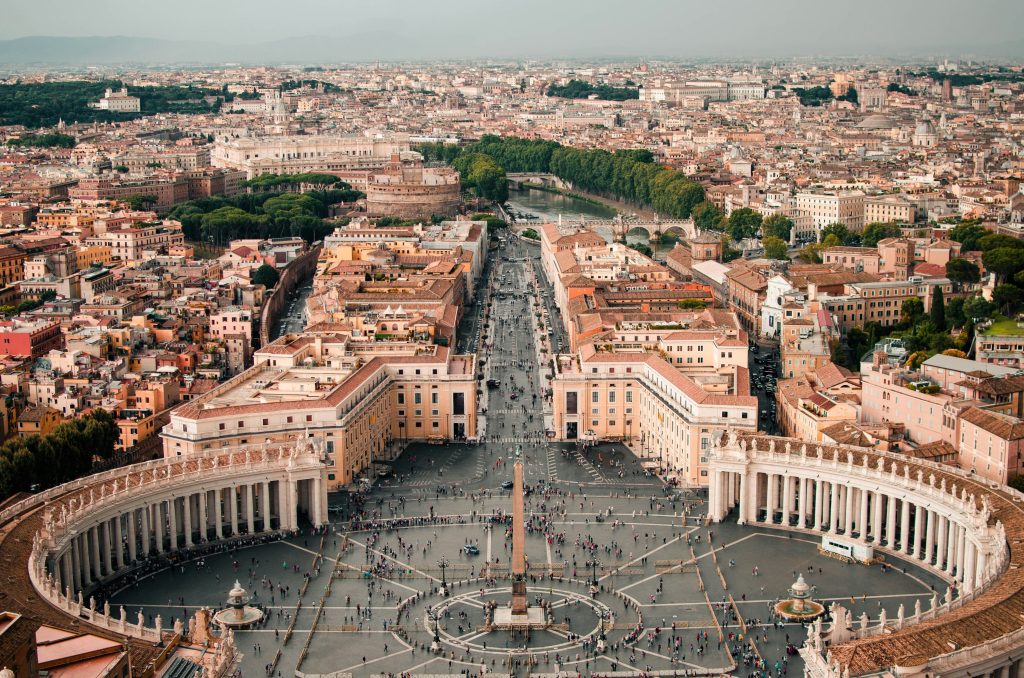The Vatican’s outlook on Europe: from firm encouragement to exacting support

The overwhelming “yes” voiced during the referendum on same-sex marriage in Ireland, a country with a strong Catholic tradition, is viewed within the Church as a defeat. The Vatican in particular finds itself swimming against a growing current that has overtaken its historic western strongholds.
This Policy paper by Sébastien Maillard states that relations are changing between a largely secularised Europe and a less Euro-centric Catholic Church under the pontificate of the first pope from the Southern Hemisphere. The Holy See’s expectations remain nonetheless high with regard to a continent called on to serve, to use the expression of Pope Francis in Strasbourg, as a “precious point of reference for all humanity”. Yet the long-standing favoured relationship with Europe is giving way to a more distant attachment to Brussels, subject to real vigilance.
Vatican diplomacy was, however, a loyal supporter of European construction. It backed the first treaties under Pius XII (ECSC, EDC, Treaties of Rome) and anticipated its enlargement under John Paul II. Its constant concern – on which it was insistent during the negotiations of the Constitutional Treaty – was to assert the Christian basis without which Europe is not viable, according to the Church. Today, the Church intends to foster its dialogue with European institutions and become a facilitator so that all Europeans of the continent may live together, beyond the EU.
Highlighting the value of peaceful coexistence between different peoples and religions forms the basis of Pope Francis’ upcoming visit to Sarajevo on June 6. This trip to a city ravaged by history will mark his second in the Balkans, after Tirana (Albania) in September 2014. He sends a new message against the rise of extremisms in the rest of Europe as well as a reminder to draw from the lessons of the past – especially those which form the basis of the European project.




